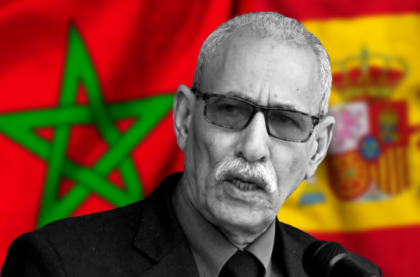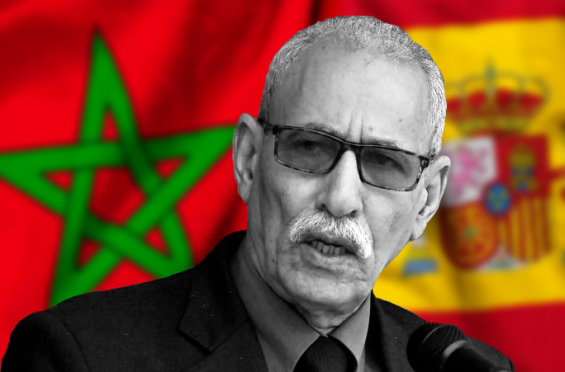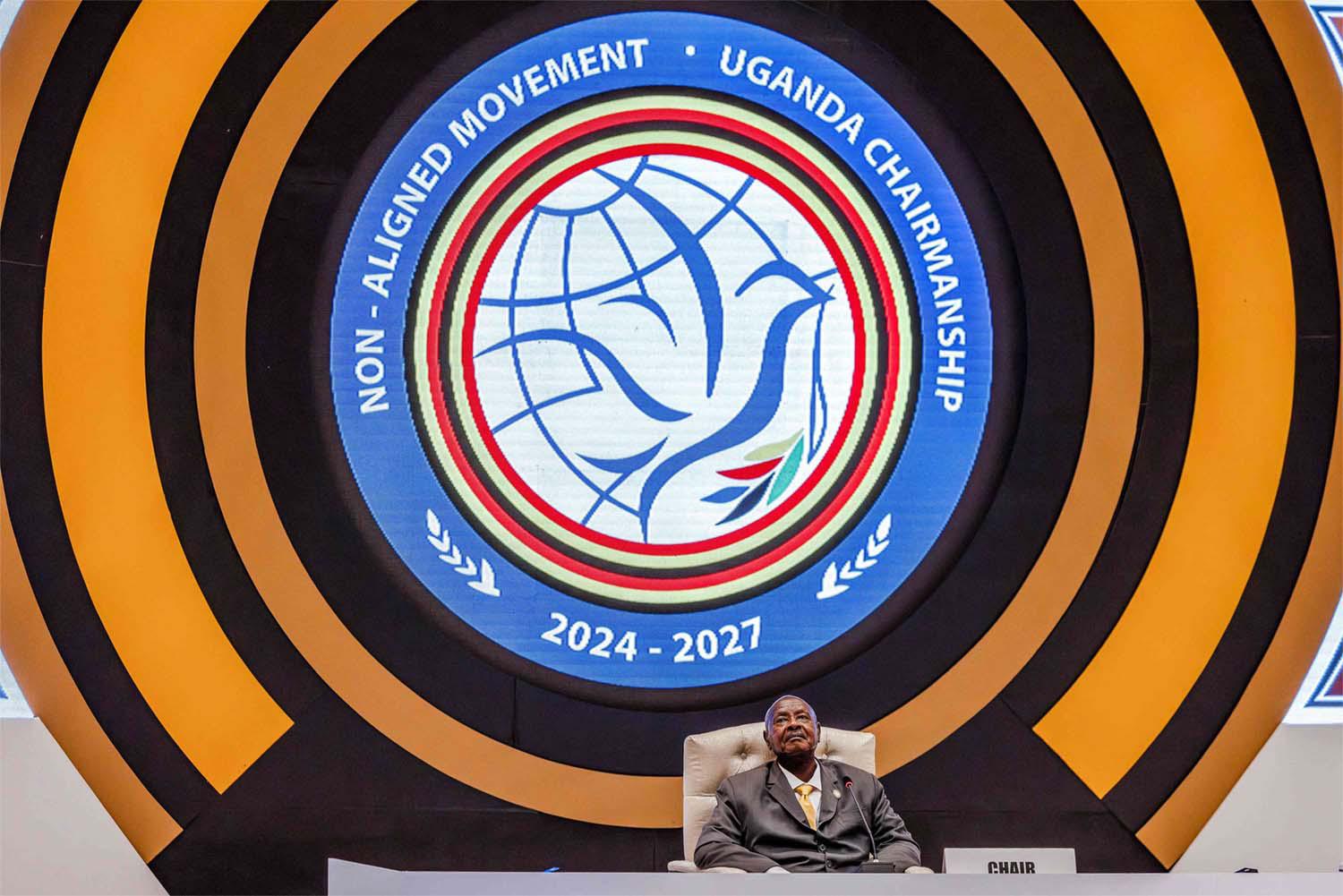 Cornered, the leader of the Polisario separatists, Brahim Ghali, will finally appear before the Audiencia Nacional, the Spanish High Court, regarding the numerous charges against him, including genocide, torture, and rape.
Cornered, the leader of the Polisario separatists, Brahim Ghali, will finally appear before the Audiencia Nacional, the Spanish High Court, regarding the numerous charges against him, including genocide, torture, and rape.
Several Spanish media and international news agencies reported the news Wednesday May 26, and said he has been placed under police surveillance at San Pedro de Logroño hospital.
The separatists’ leader had entered Spain secretly in April after he was infected by COVID-19. The European country allowed Ghali to enter its territories under a fake identity and using an Algerian passport bearing the name of Mohamed Ben Battouch, and admitted him to San Pedro de Logroño hospital even though he is facing several serious charges in Spain, a move that angered Morocco, triggering a serious diplomatic crisis between the two countries.
The Polisario separatist was summoned by the Spanish justice earlier this month, but he refused to sign the summons sent to him, saying that he has to refer to the Algerian embassy in Spain.
The court scheduled an appointment on June 1 for Ghali to give his statement on all legal charges against him, the international news agencies said, adding that the Head of the Court allowed him to give his statement virtually “if his health condition does not let him travel to Madrid.”
Brahim Ghali is therefore summoned to appear before the Spanish justice following a complaint filed by the Spanish national of Sahrawi origin, Fadel Breika, a Polisario dissident who accuses the chief separatist of crimes against humanity, illegal detention, and torture. These acts were committed against the activist, and many others, in 2019, in the Polisario-controlled camps of Tindouf, in Algerian territory.
Ghali would also be notified of the reopening of another investigation for alleged genocide, following a complaint lodged in 2008 by the Sahrawi Association for the Defense of Human Rights (ASADEH).
After the confirmation of the presence of Brahim Ghali in Spain, ASADEDH seized the Spanish Audiencia Nacional for the issuance of an arrest warrant so that he does not circumvent the justice system which pursues him for serious human rights violations.
Spanish victims of Polisario terrorism and war crimes also put pressure on their government to arrest the leader of the Algeria-backed separatist group, who is wanted by the Spanish justice.
Ghali “should be arrested immediately by Spanish authorities,” said the association of Polisario victims in the Canary Islands known as ACAVITE.
The association recalled in a statement that Ghali commissioned the killing of Canary Islands workers and fishermen in the 1970s and 1980s.
ACAVITE also expressed its strong rejection of the decision of Spanish authorities to let him receive medical care with disregard to the rights of his victims.
Spanish intellectual Pedro Ignacio Altamirano also filed a complaint demanding the arrest of Ghali who instigated death threats against him.
Ghali’s admission to Spain angered Morocco, with the Moroccan government deploring Madrid’s “surprising” attitude and demanding the opening of an investigation into the circumstances of smuggling in a criminal wanted by justice from Algiers to Spain and asking for a convincing justification for the move.
In response, Foreign Minister Arancha Gonzalez Laya said the Polisario chief has been allowed in for medical treatment under strictly humanitarian grounds. Rabat rejected the selective use of “humanitarian grounds” in the case of Ghali, while thousands of people suffer inhumane conditions in the Tindouf camps”.
Furthermore, the “humanitarian justification cannot be used as a pretext for hatching a plot behind the back of a partner and a neighbor”, had said the Moroccan Foreign Ministry.
ACAVITE had also argued that humanitarian considerations should not be used to let terrorists escape justice.
Morocco warned that tension could worsen and might even lead to rupture of ties with Spain if Madrid allows the Polisario leader to leave its territories the same way he entered.



